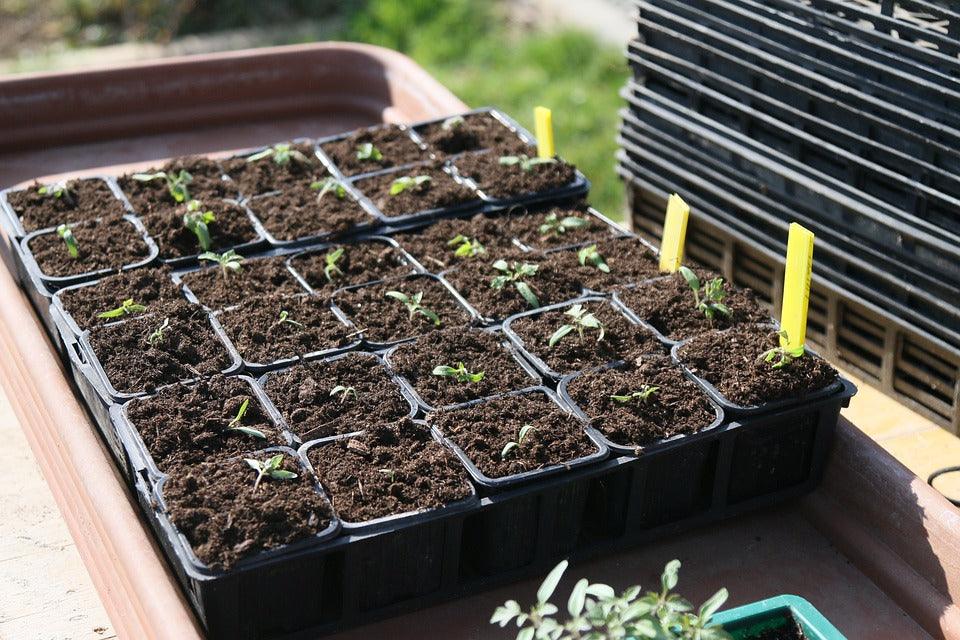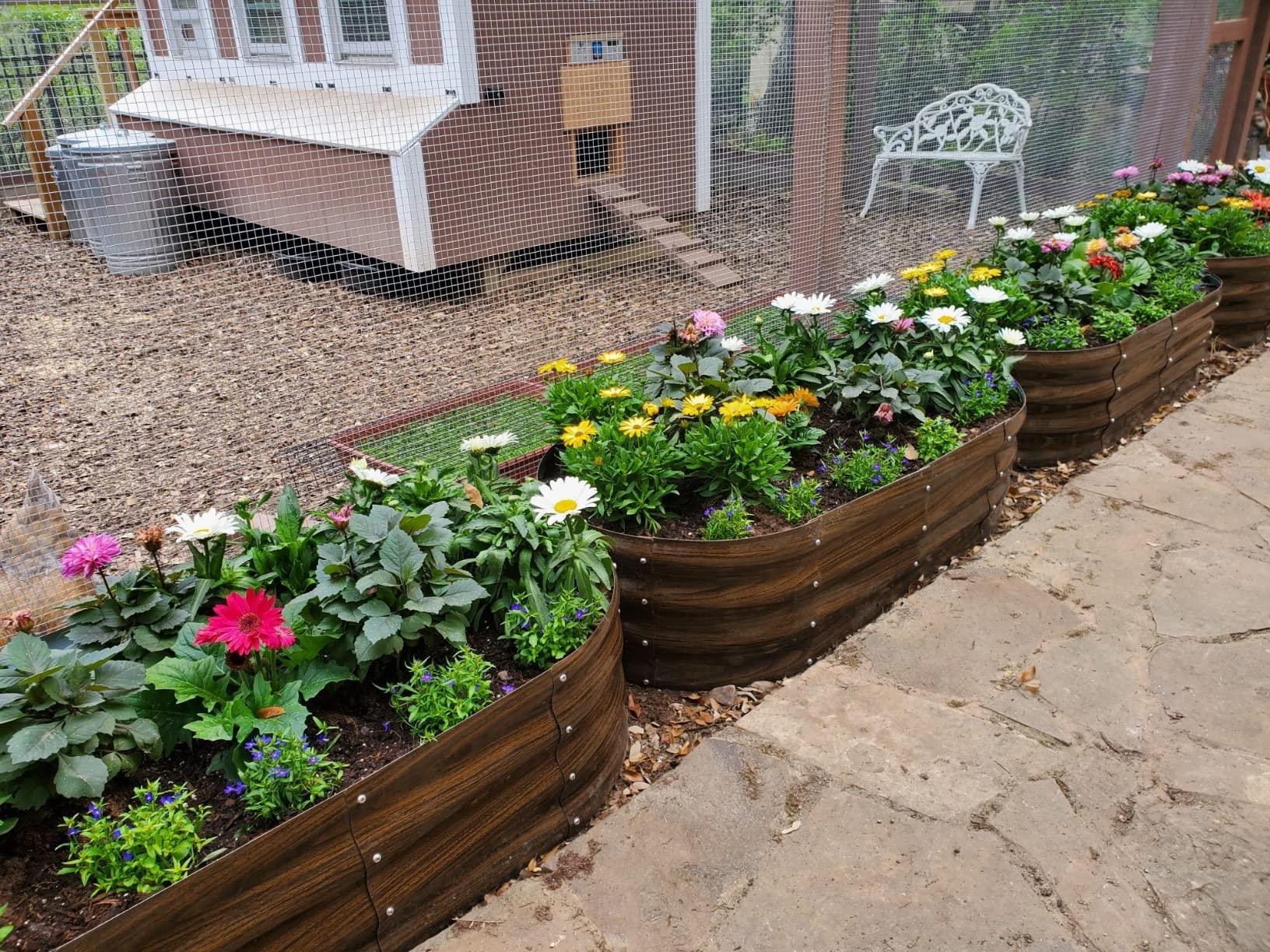In the vibrant world of gardening, raised garden beds have taken center stage, offering a plethora of benefits for both novice and seasoned cultivators. These elevated planting havens not only enhance accessibility but also provide greater control over soil conditions, fostering a flourishing environment for a diverse array of flora. However, amidst the enthusiasm for raised garden beds, a common question lingers: Do raised garden beds need drainage?
Snugniture's metal raised garden beds are all modular and designed to fit into any space. Our flower beds are tall enough that you can place them on hard surfaces, such as concrete, and there will be no drainage issues. To view our product line, please visit: https://snugnitureonline.com/collections/all
The Importance of Drainage: A Foundation for Thriving Plants
Drainage, the process by which excess water percolates through soil, is an often overlooked yet crucial element for healthy plant growth. Without proper drainage, water can become trapped in the soil, leading to a cascade of detrimental consequences:
-
Root Rot: Waterlogged conditions can suffocate plant roots, hindering their ability to absorb essential nutrients and oxygen, ultimately leading to decay and death.
-
Fungal Diseases: Excessive moisture provides an ideal breeding ground for harmful fungi that can cause a variety of diseases, stunting plant growth and compromising their overall health.
-
Nutrient Leaching: Excessive water can wash away valuable nutrients from the soil, depriving plants of the nourishment they need to thrive, resulting in stunted growth and reduced yields.
Raised Garden Beds: Drainage Considerations
While raised garden beds offer a multitude of advantages, they are not impervious to drainage issues. The absence of drainage holes or a solid bottom can trap water, leading to the same problems encountered in poorly drained garden soil.
Ensuring Optimal Drainage in Raised Beds: A Practical Guide
To prevent drainage woes in raised garden beds, consider these essential steps:
-
Drainage Holes: Incorporate drainage holes along the base of the raised bed to allow excess water to escape.
-
Bottom Material: Avoid using a solid bottom for the raised bed. Instead, opt for materials like wire mesh or wood slats that allow water to percolate through.
-
Soil Selection: Choose a well-draining potting mix or garden soil specifically formulated for raised beds. These mixes typically contain a blend of materials that promote aeration and drainage, preventing waterlogging.
-
Monitoring and Adjustment: Regularly assess soil moisture levels and adjust watering practices as needed to prevent waterlogging. Overwatering is a common culprit in drainage issues, so err on the side of caution and allow the soil to dry slightly between waterings.
Snugniture Raised Garden Beds: Designed for Drainage Excellence
Snugniture, a leading provider of premium raised garden beds, recognizes the importance of drainage and has crafted its products with this in mind. Their raised garden beds feature several design elements that promote optimal drainage:
-
Perforated Base: Snugniture's raised garden beds come with pre-drilled drainage holes along the base, ensuring that excess water can easily escape, preventing waterlogging and its associated problems.
-
Breathable Material: Constructed from high-quality, weather-resistant materials like galvanized steel or cedar wood, Snugniture's raised garden beds allow for air circulation around the soil, further enhancing drainage and preventing moisture buildup.
-
Elevated Design: The elevated design of Snugniture's raised garden beds promotes air circulation and drainage from the bottom, preventing water from pooling and causing root rot or fungal diseases.
Drainage, the cornerstone of healthy plant growth, is particularly crucial in raised garden beds. By understanding the importance of drainage and implementing practical measures, gardeners can transform their raised beds into thriving havens for flourishing flora. Snugniture's commitment to drainage excellence through thoughtful design ensures that your raised garden beds will provide an optimal environment for your plants to thrive, season after season. Embrace the knowledge, nurture your plants with care, and revel in the splendor of a well-drained, bountiful garden.



